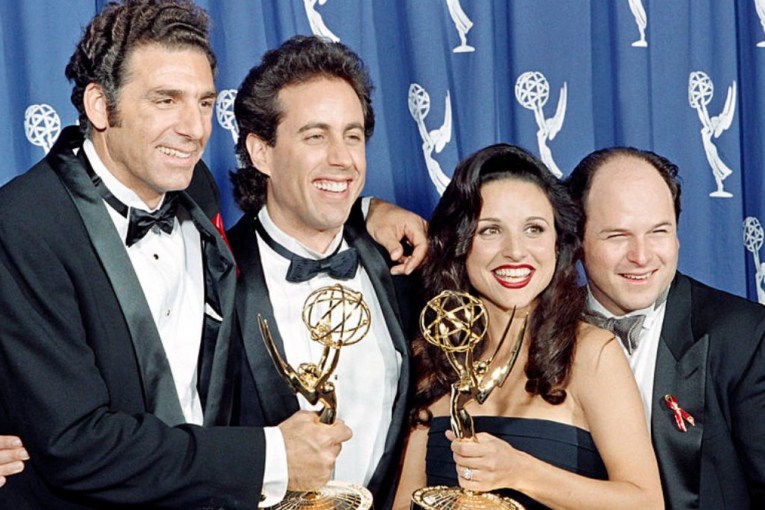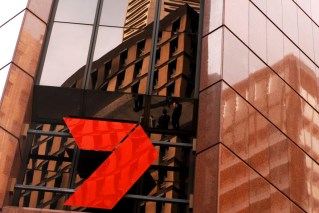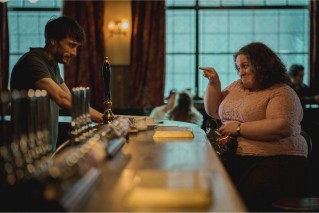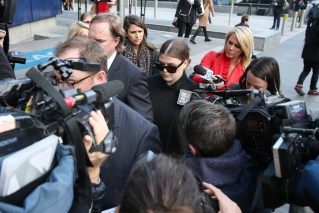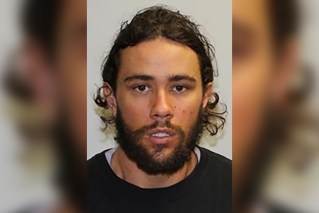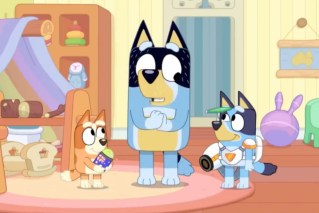Why the destruction of SBS is a national disgrace
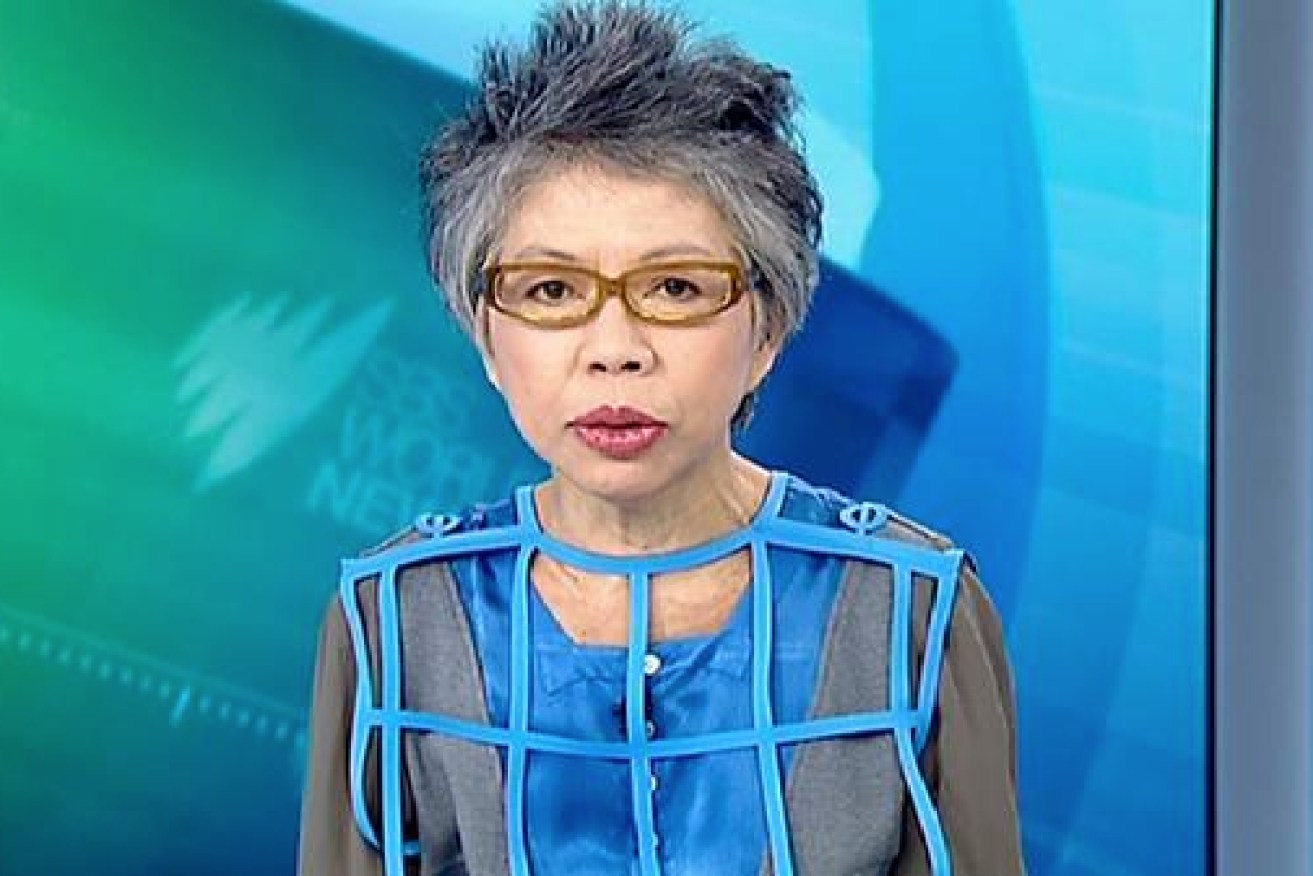
At a time when Australia needs a national broadcaster which builds bridges between cultures more than ever, the tearing down of SBS should be considered a national tragedy.
If you ask me, a Greek man who was a committed SBS supporter in its heyday, it’s hard to watch it in its present incarnation, especially if you understand the job it is supposed to be doing.
The SBS charter clearly establishes its role as a multicultural broadcaster, but its programming of the past decade has been anything but. It is now a general broadcaster for people with a particular interest in Anglo-Celtic heritage and culture.
• Mark Scott questions SBS role
• Telstra offers free data after ’embarrassing’ human error
• Tax talk lets Labor claw back valuable ground
Take this weekend for example. Primetime viewing on SBS 1 is reminiscent of ABC programming of the 1970s – relentlessly dominated by British drama, comedy and documentaries.
This Friday night, our so-called multicultural broadcaster is offering up the documentary series Sacred Wonders of Britain, and backs up the next evening with the first instalment of a UK-produced coastal tour of Ireland.
Meantime, there’s plenty more British entertainment over on SBS 2, including a reprise from Bear Grylls and an intriguing documentary on the Royal Marines Training Program. SBS provides a platform for even more UK culture on Sunday night.
These days SBS is mostly a vehicle for British perspectives on the world. New Australian voices and images are an afterthought.
The only difference between today’s SBS and the ABC of the 1970s is that the former occasionally airs an independent documentary from the United States.
SBS has no identity, no guts
The Howard government’s move in 2006 to transform SBS into a quasi-commercial channel, partly reliant on advertising, has a lot to do with the broadcaster’s aversion to foreign language programming.

Lee Lin Chin is one of the few remaining multicultural voices left on the network.
SBS’ quest for ads has rapidly de-risked its programming philosophy into one which seems more attuned to the preferences of a generation of Dame Edna Everages than the likes of Mariam and Fou Fou Habib (the main characters in Channel Nine’s new locally-made comedy series).
The tragedy of SBS is that it is no longer a breeding ground for new cultural voices, diverse journalism and dramatic talent from Australia’s expanding migrant communities.
Apart from a few survivors such as Lee Lin Chin and Silvio Rivier, the multicultural broadcaster has proven adept at vandalising many of its best-performing brands: Mary Kostakidis, Margaret Pomeranz and David Stratton to name a few.
Sadly, SBS’ emphasis on English-language programming means that anyone with a thick foreign accent like Les Murray or Rivier today stands little chance of succeeding as an anchor at the broadcaster.
SBS has come a long way since it was launched by the Fraser government in 1980.
ABC takeover would be a disaster
While Mark Scott’s critique of SBS might be spot-on, his call for a merger of the public broadcasters is self-serving.
It would most likely only kill off the idea of migrant television in Australia.

Mark Scott has questioned the need for two public broadcasters.
There is nothing in the history or cultural DNA of the ABC to suggest it could reinvigorate multicultural broadcasting in Australia.
SBS’ reason for existing is rooted in the ABC’s cultural intransigence of the 1970s, a condition that a string of former BBC and ABC executives have now bestowed on the ethnic broadcaster.
For many Australians from migrant backgrounds, SBS used to stand for something special, an affirmation of the manners and ways in which we and other migrant families lived.
It used to reflect migrant lives while also providing windows into the diversity and complexity of national life.
Most immigrants do not come gift-wrapped as ready-made Aussies and adapting to a new society is often stressful and challenging. It takes time.
For almost three decades, SBS was an entertainment and information outlet for helping to steer and negotiate those transformations.
It is a shame that recent migrants from the Middle East and Africa are being denied that bridge.
George Lekakis is a staff writer for The New Daily and a PhD candidate in journalism and economic history at Monash University. He formerly worked as a business journalist for Alan Kohler’s Eureka Report, the Herald Sun and the Australian Financial Review.

